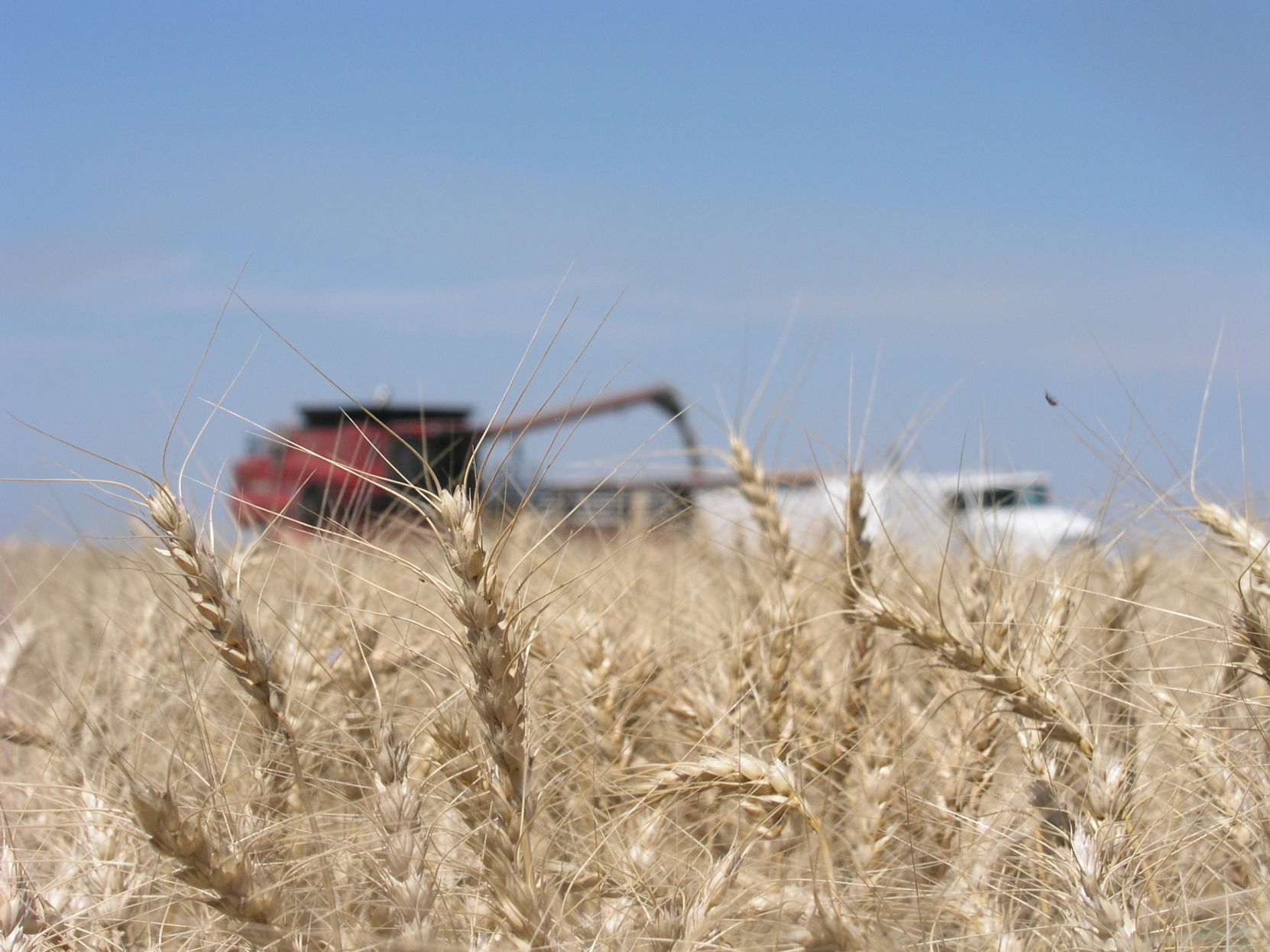Kansas State University researchers need your help to complete research on wheat management strategies. K-State Research and Extension has joined the Kansas Wheat Commission to learn from wheat producers around Kansas.
The survey is one of two initiatives aimed at identifying management practices leading to increased grain yields and improved quality in Kansas wheat production.
“We want to learn what is working and what is not in farmer controlled fields across different parts of the state,” said Romulo Lollato, KSRE wheat and forages specialist. “Results from this research will guide Kansas wheat producers in determining the best agronomic practices for their commercial fields.”
Researchers with the project include Lollato and Brent Jaenisch, graduate student in the winter wheat production program at K-State. They are currently collecting data from the past two growing seasons (2015-16 and 2016-17). This data will be used to develop information for Kansas wheat growers on yield increasing management practices, identify how these practices can be optimized for farm productivity and to discern best management practices for commercial fields for yield and quality.
Information to be collected includes field location, soil type/texture, wheat variety, seeding rate, tillage practice, previous crop rotation, crop yield, inputs applied, seed treatment, adoption of precision agriculture, pesticide application and other yield influencing factors. Lollato estimates that with this information readily available entering one field into the survey should take around 10 to 15 minutes.
The project also includes an initiative to gather data from small research plots on intensive wheat management. Researchers will gather data, testing different levels of management strategies in several modern wheat varieties. These field experiments will be in a minimum of three sites in the central and western corridor of the state. The experiment will collect data from six ranges of management intensities, from low input/common practice to improved fertility with intensive fungicide and micronutrient applications.
The survey phase of the experiment will be a collaborative effort between the principal investigators, area agronomists and county and district extension agents to collect on-farm data directly from wheat producers.
“We are aiming to use regionally-collected, producer generated data to improve our current management recommendations for wheat production,” said Lollato. “We need data from different regions, large and small scale producers and different management practices to provide the best recommendations that we can.”
This project is funded through the Kansas Wheat Commission as part of its mission to increase the productivity and profitability of the Kansas winter wheat farmer. The survey can be completed online, in person, or over the phone. Your identity will be confidential and no personally identifiable information will be associated with your responses. Data will only be presented as aggregated and never on a field by field basis.
For more information, or to submit your data, visit http://kswheat.com/researchsurvey, or call Brent Jaenisch at 320-226-7449 to submit data over the phone.




